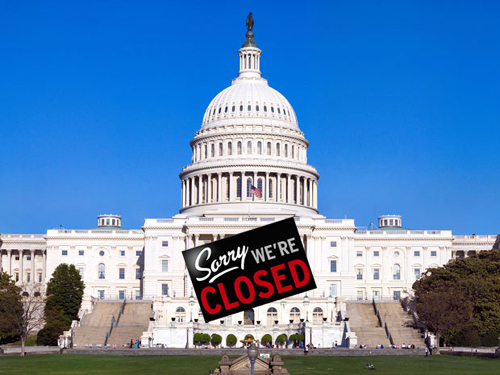Professor Renan Levine discusses the implications of the U.S. shutdown on Canada's economy
October 10, 2013
The United States’ federal government shutdown is now in its seventh day.
The stalemate over specifics of the debt ceiling, President Barack Obama’s Affordable Care Act and the operating budget continues to stall the American economy with no end in sight.
Renan Levine teaches U.S. politics at the University of Toronto Scarborough campus.He explains his take on potential consequences of the shutdown—and what could be done to end it—to U of T News:
Real impact of the shutdown won’t be felt until around two weeks on
At this point there’s not a huge deal. There are a lot of inconveniences ranging from tourists expecting to visit a national park to people who need paperwork or information from the government to just uncertainty among companies that are government contractors needing to be paid. Impact right now? Not huge. The uncertainty of how long this is going to on is big because people don’t know if they can they plan to do X, Y or Z. Can people expect to get a paycheque at the end of the month? That big impact really begins to be felt in the economy, historically, after a couple of weeks. With some of the biggest, most contentious government shutdowns, it took two or three weeks to say “This game of chicken has gone on long enough.” Each day pressures build.
To read the full discussion click here: How the U.S. shutdown could affect the Canadian economy
To read more about Professor Levine click here: Professor Renan Levine

